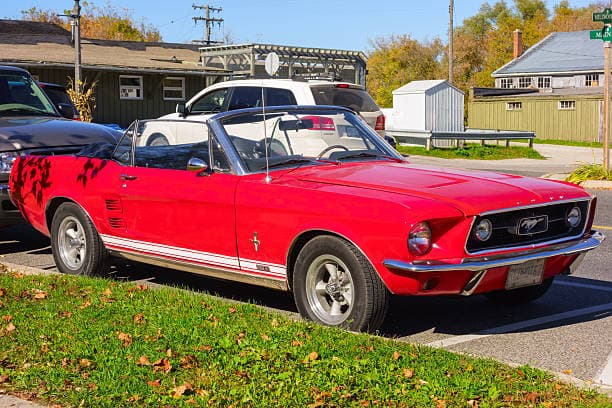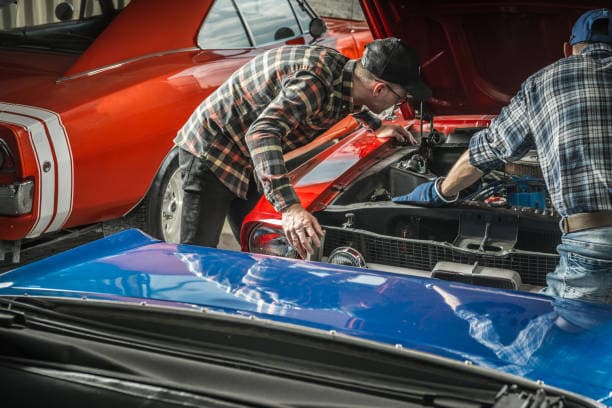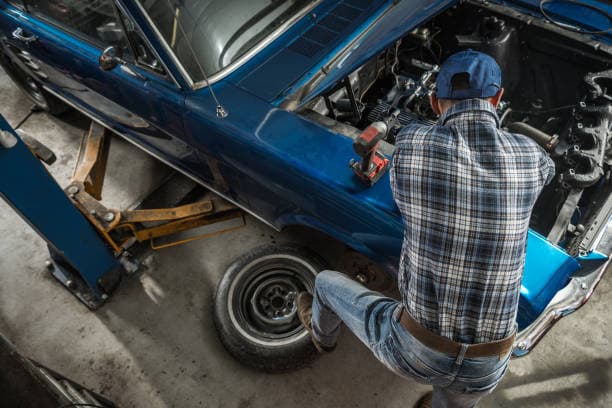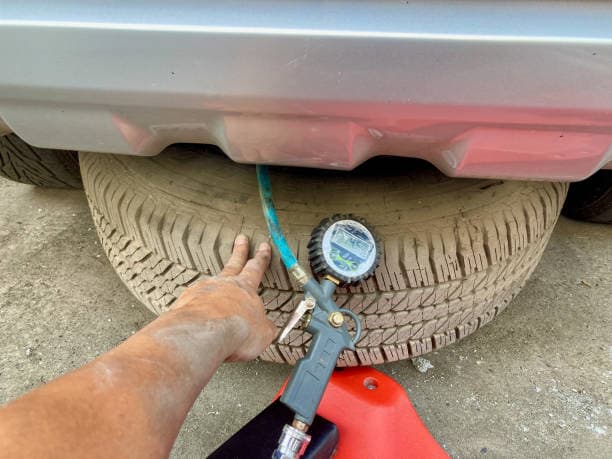Owning a vehicle, home, or any valuable asset can be both exciting and challenging. While ownership provides a sense of pride and independence, it also comes with responsibilities and potential learning curves. One effective way to ease this journey is by joining an owner club. These clubs offer a supportive community where members can connect, share experiences, and access exclusive resources.
In this article, we’ll explore the numerous benefits of joining an owner club, from building lifelong connections to gaining expert knowledge that enhances your ownership experience.
1. Networking and Community Building
Connecting with Like-Minded Enthusiasts
Owner clubs bring together individuals who share a common interest. Whether it's a car owner club, a homeowners association, or a tech enthusiasts group, members can connect with others who have similar passions. These connections often lead to long-term friendships and professional networking opportunities.
Sharing Experiences and Insights
Being part of an owner club allows members to share their experiences, from maintenance tips to troubleshooting common issues. Newer members can learn from seasoned owners, reducing the learning curve associated with ownership.
Example:
- Car club members might share insights on the best local mechanics or tips for enhancing vehicle performance.
- Homeowner clubs may offer advice on renovation projects and trusted contractors.
Community Events and Gatherings
Many owner clubs organize regular meet-ups, workshops, and events. These gatherings provide a platform for members to socialize, learn, and engage in fun activities. Events like car shows, educational seminars, and online webinars foster a sense of community and belonging.
2. Exclusive Resources and Information
Access to Expert Knowledge
Owner clubs often collaborate with industry experts to provide members with exclusive content. This may include:
- Expert interviews
- Technical manuals
- Maintenance guides
Specialized Workshops and Training
Clubs may offer workshops that cover essential topics. For instance, a car owner's club might host a workshop on DIY maintenance, while a homeowner's club could provide insights on property value improvement.
Pro Tip: Join clubs that have active forums or social media groups. These platforms are invaluable for real-time advice and knowledge sharing.
Member-Only Publications
Many owner clubs publish newsletters, magazines, or digital content with updates, tips, and industry trends. These resources keep members informed and help them make better ownership decisions.
3. Cost Savings and Discounts
Group Discounts
Owner clubs often negotiate discounts with service providers, suppliers, and manufacturers. These discounts can apply to:
- Maintenance services
- Spare parts and accessories
- Insurance plans
Example: Car owner clubs frequently partner with auto parts stores to offer discounts on accessories and maintenance supplies.
Shared Resources
In some clubs, members pool resources to reduce costs. For example, boat owner clubs might share access to specialized equipment or maintenance facilities.
Cost-Efficient Learning
Workshops, training sessions, and exclusive publications provided by the club often come at a lower cost than external courses and resources.
4. Emotional Support and a Sense of Belonging
Building Friendships
Beyond the practical benefits, owner clubs offer emotional support. The camaraderie built through shared experiences fosters a sense of belonging.
Example: Vintage car clubs often become close-knit communities, where members celebrate restoration projects and attend events together.
Support During Challenges
Owning complex assets like vehicles or properties comes with occasional challenges. Club members often step in to offer advice, resources, or simply a listening ear during such times.
5. Advocacy and Representation
Unified Voice for Members
Owner clubs often serve as advocacy groups that represent members' interests in industry discussions and policy-making processes.
Example: Motorcycle clubs sometimes advocate for better road conditions and rider safety regulations.
Collaborating with Industry Stakeholders
Established clubs maintain relationships with manufacturers, service providers, and policymakers to influence decisions that benefit members.
6. Learning Opportunities and Skill Development
Hands-On Experience
Clubs often provide hands-on learning sessions, enabling members to develop skills related to their asset.
Example: A classic car club might host engine rebuilding workshops.
Educational Resources
Many clubs offer access to guides, manuals, and video tutorials. These resources help members stay informed about best practices and new developments.
Mentorship Programs
Some clubs facilitate mentorship programs where experienced members guide newcomers.
7. Fun and Recreation
Organized Events and Activities
Owner clubs often organize recreational activities like road trips, contests, and social events.
Example: Car owner clubs frequently plan scenic drives or showcase events.
Family-Friendly Engagement
Many clubs offer family-oriented events, making ownership a shared, enjoyable experience for everyone.
Conclusion
Joining an owner club is more than just signing up for a group; it’s about becoming part of a community that shares your interests and values. From gaining expert knowledge and accessing exclusive resources to building lifelong friendships and enjoying fun activities, the benefits are extensive.
If you haven’t joined an owner club yet, consider exploring one that aligns with your interests. The connections and insights you gain can significantly enhance your ownership experience and provide lasting value.




